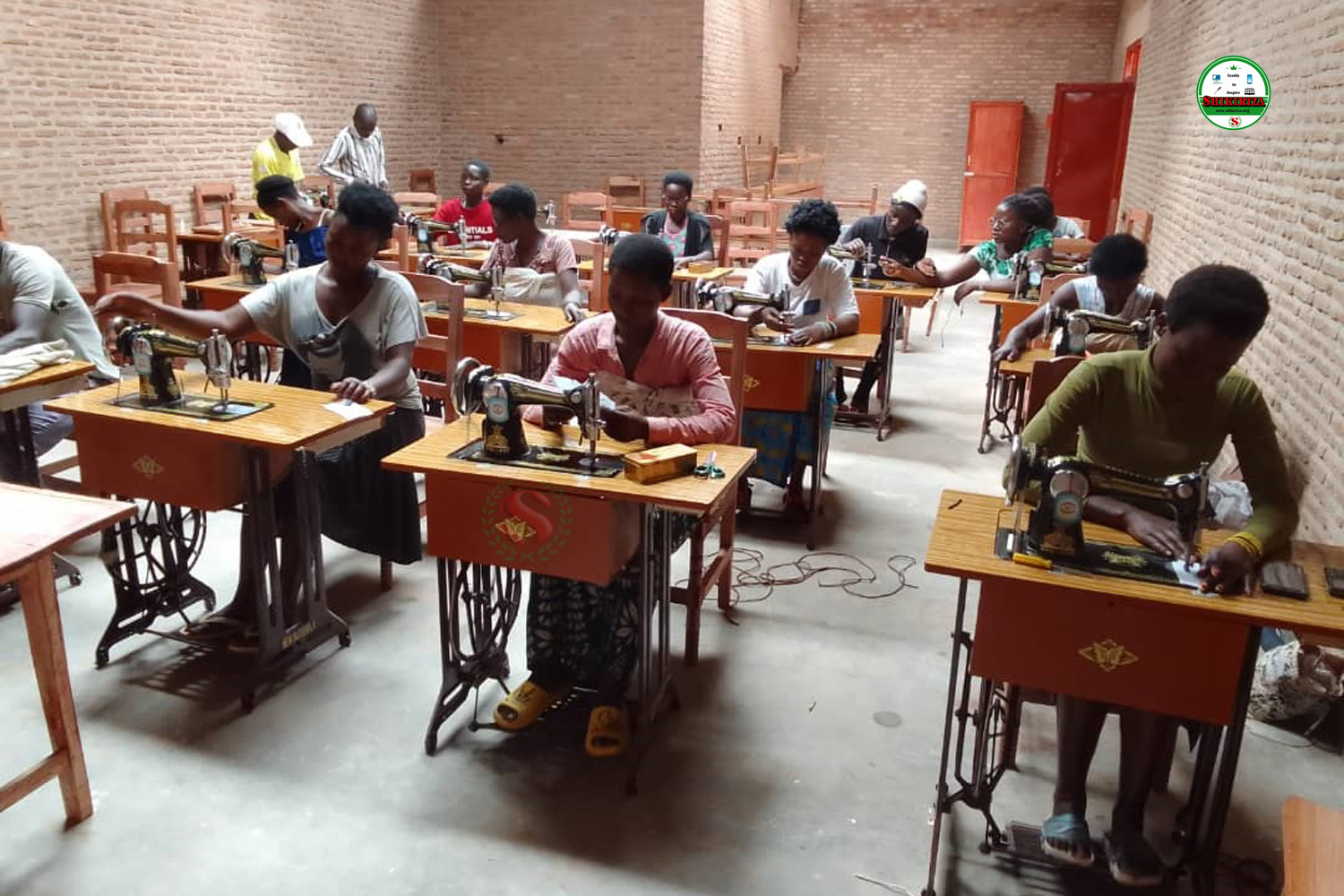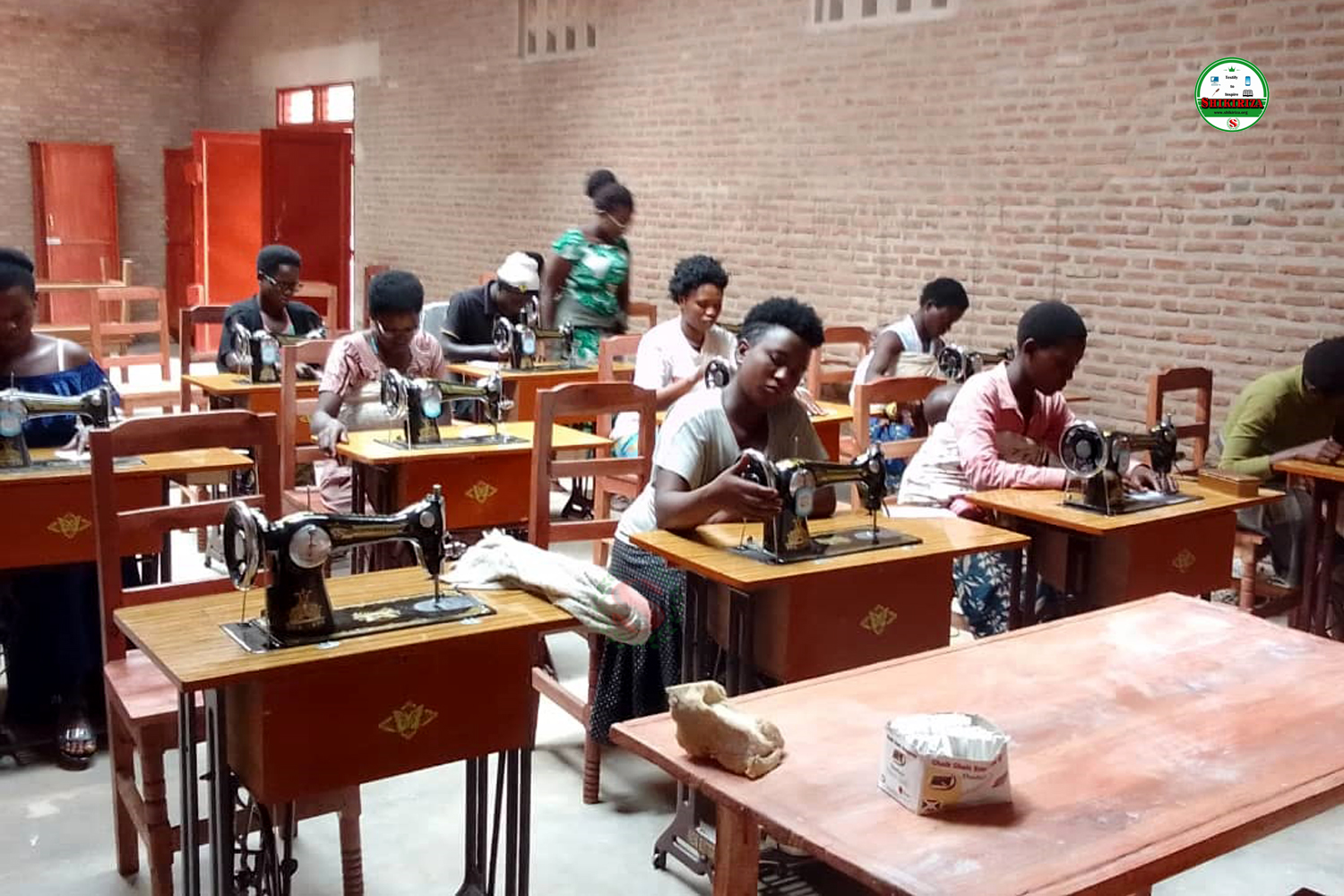Kobani Cooperative has recently launched its project named “Agakiza project”. This project aims at both empowering and unifying the Burundian women from different ethnic groups in Giheta Commune. Funded by the Germany Embassy in Burundi, this project wants to be the real salvation as its name reveals. However, challenges are not missing for truly empowering Burundian women as the president of Kobani Cooperative mentions. He calls on all interested partners to contribute.
In Burundi, three ethnic groups are recognized in the Burundi constitution. There are hutus, tutsis and the indigenous ones called “Twa”. The Twas represent less than 1% of the total population of Burundi while Hutus and Tutsis represent respectively 85% and 15% as reported in General population and habitat census lastly conducted in 2008.
Since long ago, the indigenous people were underestimated, stigmatised and discriminated in any kind. However, in this latest time, so many stakeholders in human rights, non-governmental organizations, the Burundi government and state organisations intervened and launched different activities and projects for indigenous people empowerment and for their socio-economic integration. To support this initiative and also for helping Burundian women who, for long, have been considered as economically weak; Kobani Cooperative decided to contribute.
As a cooperative resulted from the projects of indigenous people empowerment and their socio-economic integration in Burundi; a special cooperative, which brings together Burundian citizens from the three ethnic groups with a Batwa majority, decided to initiate a project called “Agakiza project”.
What the agakiza project is about

Some women who are following the training in sewing profession
“Agakiza” means “salvation” in the national language. This Agakiza project was initiated to be a salvation of Burundian women by empowering them and unifying the Burundian women from all ethnic strata as indicated by the chairperson of the Kobani Cooperative. According to him, this project aims to empower and unify women from the different ethnic groups by initiating them to sewing.
“40 women from the three ethnic groups with a twa majority will be trained in sewing during 4 months. After their training, all those beneficiaries will be recruited to work for the cooperative in order to apply what they will have been taught. This will be an opportunity to those women to make money and to grow themselves economically. They will be also taught financial education and be familiarised with associative initiatives”, ensured Epipode Kamana, the KOBANI Cooperative chairman.
According to this representative, their project was not conceived for only women empowerment. As he mentioned, it was also initiated to facilitate the socio-economic unification of women from different ethnic groups.
“Selecting women from all ethnic groups will facilitate indigenous women to be socio-economically integrated in the community and help them to show their potentials and capacities as others. Thus, this project will help all beneficiaries to feel on the same level and to collaborate despite of their diversities”, stated Epipode Kamana, the president of Kobani cooperative.
In Agakiza, challenges are not missing…

Some members of the Kobani Cooperative at its headquarters in Giheta Commune
Though funded by the German Embassy in Burundi, still means are insufficient. Budget constraints persist to fully accompany all the beneficiaries and to give a chance to a huge number of women who would like to learn the sewing profession.
“The German Embassy granted us the materials to be used in the project. 30 sewing machines, mirrors, irons, scissors, cupboards and etc. On our side, we charged ourselves to take care of the trainers and fund other remaining activities for a better implementation of this project. However, some means are still needed to fully accompany the beneficiaries after the training. We would like also to train other women and youth after having trained the 40 first trainees, but means are still problematic”, added the legal representative of Kobani.
He calls on all their partners, organizations working for human rights, state institutions and organisations, and any other interested partners to support this project for giving a chance to other interested women and youth to learn the sewing profession to help them to fight against unemployment and poverty. He also calls on all people with whom they share the working domains to approach them for a collaboration.

